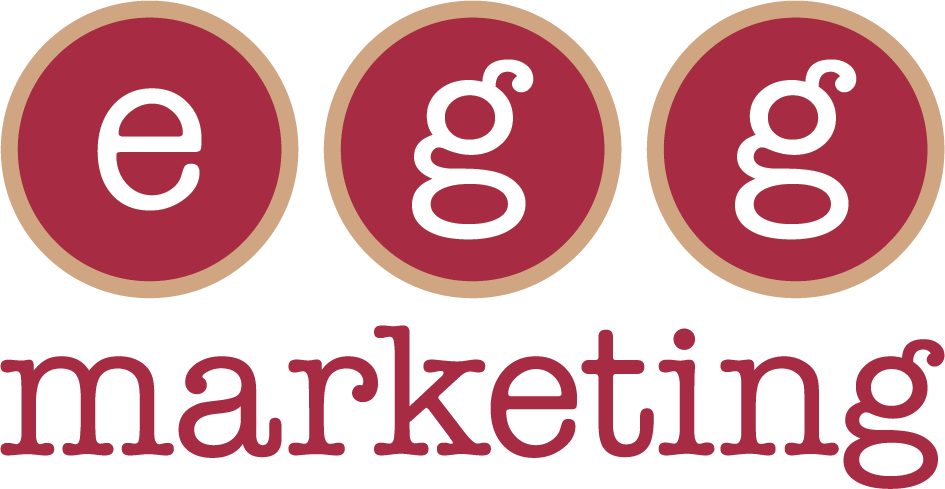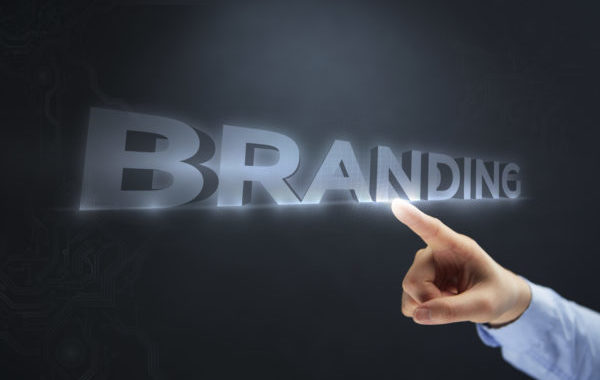Small Business Marketing Mistakes: Turning Hubris Into Opportunity
As a small business owner in particular, it’s always important to remember that the true value of what you’re offering has nothing to do with a particular product or service. Okay, that might be a bit of an over-simplification — obviously what it does and how well it does it matters a great deal.
But in order to attract the attention of the right kinds of consumers and in order to separate yourself in an admittedly crowded marketplace, you need to understand that your chief commodity is one of experience.
When every aspect of your brand is considered as one small part of a much larger whole, you’re trying to offer your customers the type of experience they’re not going to get anywhere else.
This is a delicate balancing and, try as hard as you’d like to prevent it, it will lead to small business marketing mistakes every now and again.
What’s in an Experience?
According to one survey, 86% of buyers said that they were willing to pay more if they could guarantee a better customer experience with a particular brand over its competitors. By as soon as 2020, this will become THE key metric that differentiates one brand from the next — overtaking price and even product.
How you market to your customers is a core component of this experience, as it is the way you’re making contact with consumers more often than not. But just as marketing can create the foundation for an excellent experience, a mistake (usually created by hubris, or assuming that you know your customer better than they know themselves) is created in exactly the same way.
Unfortunately for small businesses, there is often no such thing as a “small, innocent mistake” when the stakes are this high.
The simple fact of the matter is that ANY time your company is reaching out and making contact with your audience, you need to treat it as an extension of your customer service efforts. When you realize just how often your marketing materials essentially do exactly that — establish a direct line of communication between your brand and the people you’re trying to service — it becomes doubly important.
Now, consider the fact that bad customer service comes with a very real cost and you begin to see just how deadly hubris can be to small businesses in particular.
Marketing as Customer Service: Why It Matters
According to a survey conducted by American Express, a full 78% of consumers say that they have bailed on a company in mid-transaction because of a poor customer service experience. Yet at the same time, a company only actually hears from about 4% of its dissatisfied customers. 96% of your target audience simply won’t voice a compliant … yet 91% of those people will never come back regardless.
So what does this tell you? It means that not only will people NOT come right out and tell you if you’ve made a small business marketing mistake, but even if you have the foresight to realize you’ve done so ahead of time the opportunity to “make things right” isn’t going to come right out and present itself.
It means that if you really want to turn hubris into opportunity and correct a small business mistake, your best shot is to take the open lines of communication that you’ve already established and correct your messaging in any way that you can. This just goes to underline the fact that using your marketing as an extension of your customer service arm is even more important than you already thought it was.
It’s About the Customer Experience
When in doubt, just remember that EVERY part of your business — from the product or service you release to your marketing materials to your literal customer service — is about the customer. Or at least, it needs to be. In an interview with The Huffington Post, thinkJar CEO, Esteban Kolsky, said that “Above all words — a customer experience is defined by the customer, for the customer, at each touch-point, each time.”
In the majority of cases, small business marketing mistakes occur because you’ve forgotten this hugely important idea. Luckily, doubling back down on it is one of the best ways to correct them, too.
When it comes to correcting mistakes, remember that honesty is always the best policy. Let’s say you’ve just made one of the most common small business marketing mistakes in the world of small businesses: you’ve created a product or service in search of a market.
On paper, your product or service is excellent. It does something unique and it does it incredibly well. But you let hubris get the better of you — you got so obsessed with the idea of whether or not you COULD do this great new thing that you forgot to ask whether your customers wanted you to do it in the first place.
You relied heavily on technical specifications to try to “educate” your audience about why they want it, instead of relying on emotion to convince them why they NEED it. Now, they’ve stopped paying attention to you and you need to course correct.
Don’t try to sweep a mistake under the rug and hope it goes away - it’s not going to. Instead, lean into it. Use presentation software like Visme (which I’m the founder of) to pull back the curtain on your decision-making process. Don’t double down on the product nobody wants - double down on the lesson you learned. Craft a narrative around the idea of “this is a mistake we made. Here is why we made it. Here is the lesson we learned and here is why that lesson will mean a better experience for YOU in the future.”
Even if you’re not a graphic designer, you can still create compelling marketing content like Infographics built around this core idea of “we made a mistake, we’re sorry, here is the valuable lesson it taught us as a result.”
Marketing Is About the Customer, Not the Brand
In the end, course-correcting from a small business marketing mistake is one thing - making sure that you don’t fall into this trap again in the future is something else entirely.
Just remember that every marketing decision you make needs to come from the same place - it must involve you asking the question “how is this good FOR MY CUSTOMER?”
Every Infographic or presentation you create, every piece of messaging you send out into the world and even the techniques of visual communication that you choose to employ all need to be focused on this same idea.
If you’re able to accomplish that, you won’t just be in a better position to show your audience how important they really are — when you DO make marketing mistakes (and you will), you’ll be in the best position to turn hubris into opportunity again and again.
Image: Photospin
Author Bio:
Payman Taei is the founder of Visme, an easy-to-use online tool to create engaging presentations, infographics, and other forms of visual content. He is also the founder of HindSite Interactive, an award-winning Maryland based digital agency specializing in website design, user experience and web app development. Follow Payman on Twitter.




